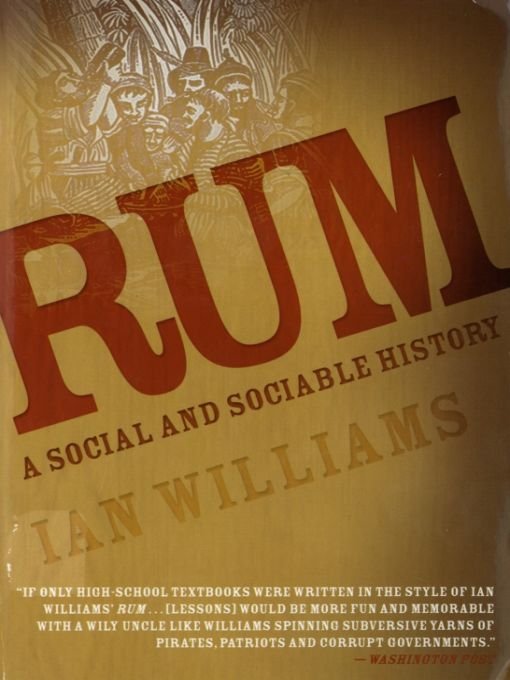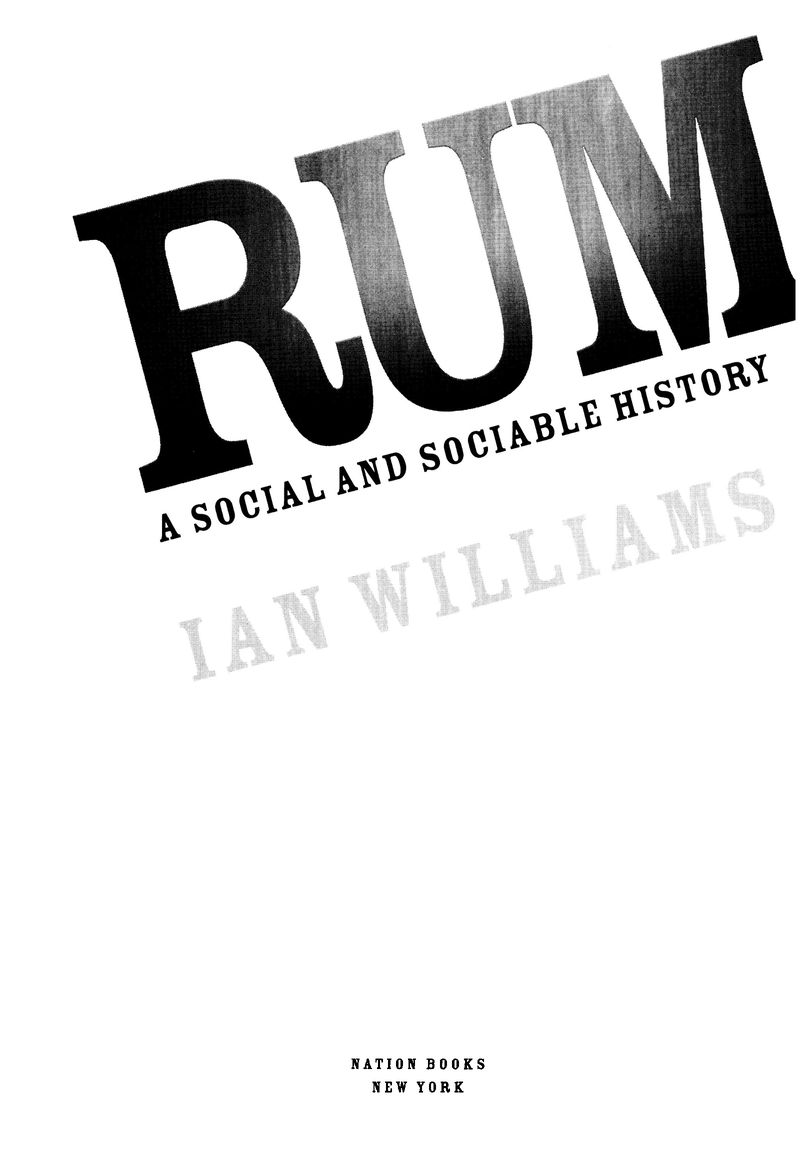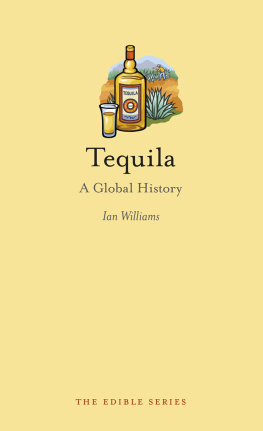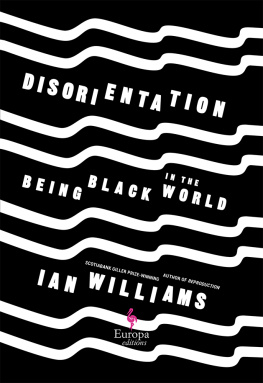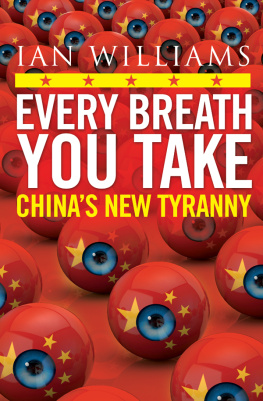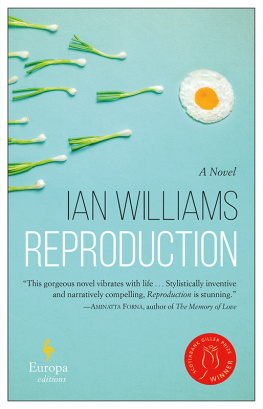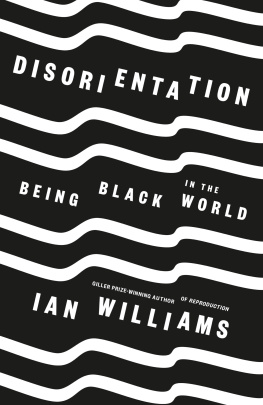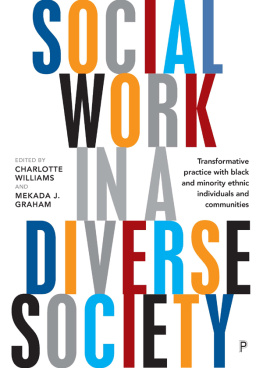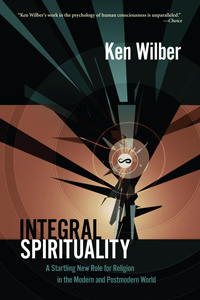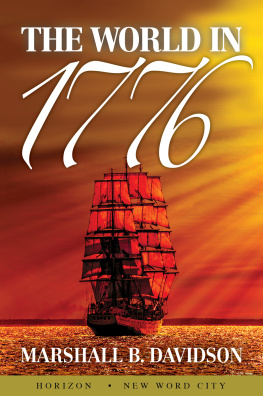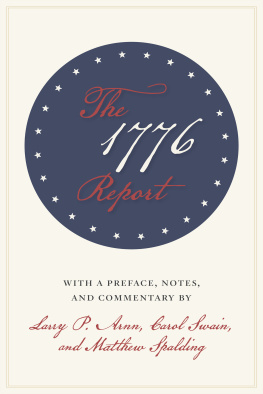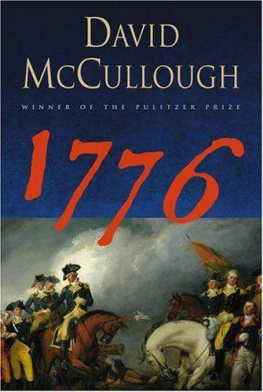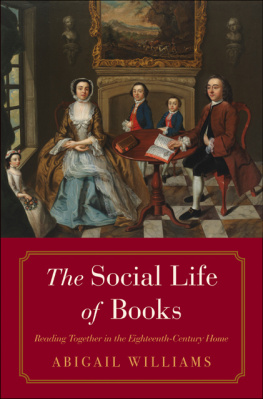Table of Contents
There are too many people who have helped in the intensive, hands
on on-site research that was necessary for this book to name and
thank adequately. And it is in the nature of such research that
memories for names become a little hazy.
However, the book would not have been started without the help
and encouragement of Jamaican friends like Joy Elliott and Winston
Coles, and it would not have been completed so soon without the
enthusiastic encouragement of agent Colin Campbell and the Simon
Legreelike encouragement of editor Carl Bromley.
In the meantime, the burden was relieved by research assistant Jacob
Parakilas, who sorted out the materials even more quickly than baby
Ian could shuffle them, and by Anora Mahmudova, who shared with
the baby the burden of my being at editorial beck and call for so long.
Thanks to them, and on a more somber note, thanks and a moments
silence to all who suffered and died over the centuries for the darker
side of this subject.
PREFACE
It is the distinctive and evocative aroma of rum from the Christmases of my childhood that gave birth to this book. Growing up on a council estatethe equivalent of a New York housing projectin Liverpool after the Second World War was a much more prosperous experience than it would have been prewar, but it was hardly affluence. Food, candy, and newspapers were still rationed, but that was almost irrelevant. We couldnt have afforded them anyway.
Christmas was the occasion for splashing out with what little we could afford. The first time I tasted chicken was from a tin that was part of a Christmas hamper. For my fathers Christmas gift, we children would save our pocket money and buy him cigars. In our Christmas stockings, which were our regular socks pressed into action for the occasion, was always a tangerine at the darned toe along with cheap toys from Hong Kong. My father, normally a beer drinker, and a prodigious one at that, indulged in a bottle of rum for Christmas, usually Demerara, in nostalgia for his days in the merchant navy in the Second World War. I would crouch at the foot of the Christmas tree and study the bottles label with its hint of tropical exoticismthree barrels on a beach with a background of palm trees.
The resulting combination of smells that permeated the housecigar smoke, peeled tangerines, and rumhas always evoked Christmas for me, and a Christmas of particular childhood innocence, before the pressures of nine of us living in a three-bedroom house built up to fissiparous levels and before that prodigious beer drinking transformed the head of the family. But it was bitter beer, not the demon rum, that effected the changes.
As a precocious teenager in the sixtiesobviously still influenced subliminallywhile others would bring bottles of beer to parties, I would show off with a small bottle of dark rum, costing ten shillings and six pence. Girls in those days were supposed to drink Babycham (a fizzy alcoholic drink made of pear juice) or cherry brandy. I discovered that rum would do nicely in a pinch.
For many years afterward, rum was just one more gargle in my extensive drinking repertoire but not a subject of particular interest, although a cold or flu would have me going with the folkloric crowd and downing a tot, or two, or more.
But then, in Martinique, while researching another subject entirely, I discovered vintage rums. I studied their taste, the methods of distilling, and, increasingly, the history. I discovered that the French Antillean rums were not as uniquely excellent as the French thought, and that many other islands aged and matured their rums to equal and even greater excellence.
I began to collect rum on my travels, and my collection includes Kazakh, Czech, Croat, Thai, Hawaiian, Indian, Nepalese, Argentinean, Australian, and German rums. I began to collect labelsthe iconography of rum, which showed how consumers and producers viewed the spiritand various advertisments and rum-drinking paraphernalia. My collection ofrumabilia has been growing and it may yet breed another volume.
This book has been an intermittent project, and I have to confess that much of the hands-on, intensive, on-site research I have carried out in the Caribbean was not strictly necessary for the way this volume has turned out. Other people have chronicled the varieties and tastes of modern brands of rum, and there is no particular reason for me to try to follow in their wobbly footsteps.
Dipping into the history of rum, I found that it was more than just an interesting drink. Nelsons blood was the lubricant and fuel for the whole engine of commerce that made the modern world. It put a whole new light on the motives for the founding fathers of the American Republic. I do not want to be censorious of the founders, for, as a onetime shop steward and union official, I have always appreciated the winning motivational force of linking high principles to naked self-interest when trying to call a strike.
This book is an attempt to share the excitement I felt as I looked under the rug beneath which a lot of that history has been discreetly swept. But throughout the project, it has always helped that the warehouses and distilleries I visited had the pervasive, alluring smell of maturing rum, continually evoking the happiness of a childs Christmas in Liverpool.
INTRODUCTION
RUM: THE GLOBAL SPIRIT WITH ITS HEART IN THE CARIBBEAN
Even while Prohibition blighted the United States and rumrunners defied it, Charles William Taussig, the young, precocious president of the American Molasses Company and a future member of Franklin D. Roosevelts inner circle, romanced the spirit in his 1928 book, Rum, Romance and Rebellion: Where we find rum, we find action, sometimes cruel, sometimes heroic, sometimes humorous, but always vigorous and interesting, he wrote, adding that Rum both as a beverage and as a medium of exchange, appears to have released the energies of brave men, and much of that strength and resource was used in creating our Western civilization.i As an American, he was well aware that it was not tea but rum and the molasses for making it that really incited the American colonists to rebellion. Rum, he argued, has a strong claim to be The Spirit of 76.
In conclusion he remarked, It is not strange that we should find so much history corked up in a bottle of rum ... rum was a symbol, as well as a fact.ii He was right. Rum has a history every bit as rich as its distinctive flavor and aroma. Even though it is often relegated to a synonym for sin or, perhaps worse, merely a useful mixer for a cocktail, it has always been a commodity with a worldwide reach and depth: a global spirit with its beating heart in the Caribbean. Its very imagery and iconography bespeak a history with more universal effect and appeal than other, more bland, and less cosmopolitan spirits.
Rum began as a heady Mediterranean cocktail that mixed Islamic science and technology with European enterprise. It added the effect of that Iberian enterprise to northwest Europes developing Protestant capitalism and mercantilism. Together they set in motion the great cycle of circum-Atlantic trade, fueling the slave trade and the massive population shifts that make the present-day Caribbean and North American populations look the way they do, and in the process started up the modern capitalist economy of the north Atlantic.

